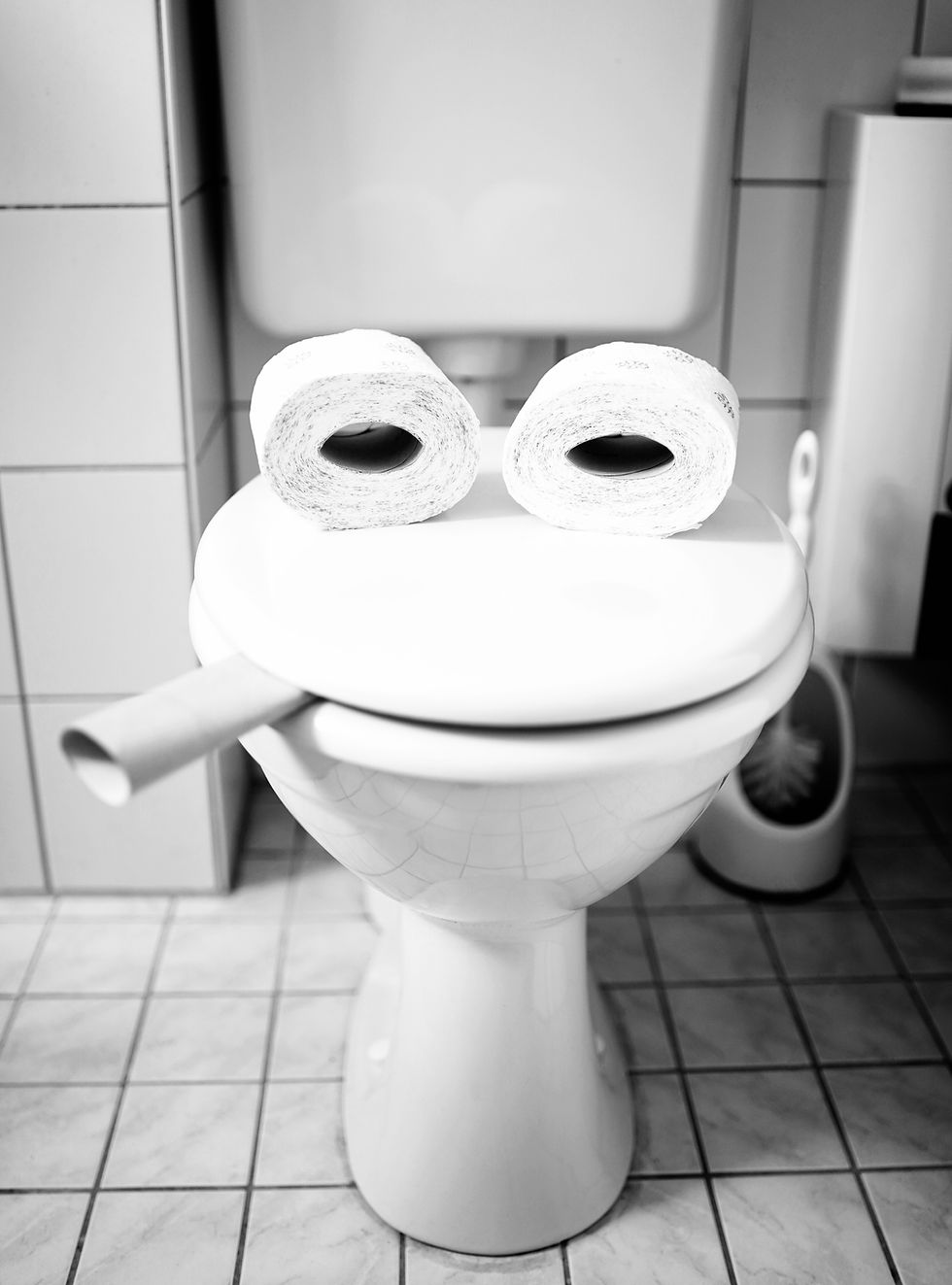How to Maintain Septic Odor Control
- In-Pipe Technology

- Apr 7, 2022
- 3 min read
Many homeowners who have a septic system have searched for any and all the ways possible to maintain septic odor control or even eliminate septic tank smell all together. On the other hand, many people may see this and wonder what happens along the way to make maintaining septic odor control so important.

It is important to understand how to address septic odor control or eliminate septic tank smells from the source before they get worse. An unpleasant smell is usually the first sign that your septic tank needs to be pumped or serviced. If that's not the cause of the unpleasant smell, you can try a few odor-fighting remedies to eliminate it, either way, staying on top of septic odor control is. vital.
Below we've listed five quick tips on how you can address septic odor control:
1. Make Sure your Septic Tank is Full - How this Helps with Septic Odor Control
This is a common septic odor control problem that can be easily fixed. The tank can become clogged if there is too much waste and could cause unpleasant odors to linger inside and out. However, this problem is unlikely to occur if your septic tank gets pumped on a regular basis.
It is essential to keep your wastewater system clean and sanitary for septic odor control. It is recommended that you schedule a pumping service if your tank has not been serviced in a while, which will allow your technician to evaluate the tank and address any problems.
2. Check Your Roof Vents - How this Helps with Septic Odor Control
The plumbing vent stacks allow drains to vent air through the roof and gravity is used to move liquid and solid waste through the plumbing pipes. When it comes to septic odor control, the vents need to equalize the pressure throughout the waste process. If the waste has difficulty pushing air through the pipes and out of the way, it won't flow correctly.
Vent pipes are connected to all drain and waste lines at the top and run up the roof. This allows for equalization of the air pressure, and the venting allows air to flow into the waste pipes and connect to the outdoor air - thus improving the need for septic odor control. If a plumbing roof vent stack fails to function properly, it can cause unpleasant smells, gurgling sounds in the toilet, and sometimes slow drains.
Venting pipes can also be affected by high winds. Sewer odors can be caused by downwind drafts, requiring all the more septic odor control. It could be that your vents aren’t working properly if you see water bouncing around in your toilet. You may need to raise the vent stack by adding to existing pipes.
Keep all exit pipes clear for proper drainage and septic odor control by making sure that your vents do not become blocked by leaves, ice, or snow. You can either remove the blockage yourself or hire a professional.
3. Activated Carbon Cover - How it Helps Septic Odor Control
A carbon activated cover can be used to eliminate strong and unwelcome odors from your septic tank. For the best septic odor control, simply place the filter on top of your vent and it will do all the work.
Activated carbon is a better option than charcoal for eliminating the smell. This device is great for septic odor control and preventing future problems.
4. Check your P-Traps and Floor Drains - How this Helps Septic Odor Control
A dried-out P-Trap, or floor drain can cause sewer gas smells, requiring an even bigger need for septic odor control. Each plumbing fixture contains a trap (or P-Trap) that prevents sewer gas entering the home. They can leak gas into your pipes if they are empty or happen to dry out. This can be avoided by running water through your floor drains, bathtubs, or sinks every few months.
5. Septic Tank Enzymes - How this Helps Septic Odor Control
Septic tank enzymes can be used to remove odors and increase bacteria growth in your tank, which is a good thing, In-Pipe Technology does this on purpose in an effort to streamline septic odor control. The majority of septic tank enzymes that are used to control odors contain powerful waste digestion material and essential nutrients, which is good for your tank.
The enzyme will separate the organic material and make water-soluble nutrients. The bacteria will then digest the nutrients and multiply to make more enzymes. This will ensure that the tank is clean in both anaerobic and aerobic conditions.
For more information on our systems and equipment for household septic odor control, fill out the form on our homepage by clicking here - or give us a call directly at: 630.509.2488





Comments